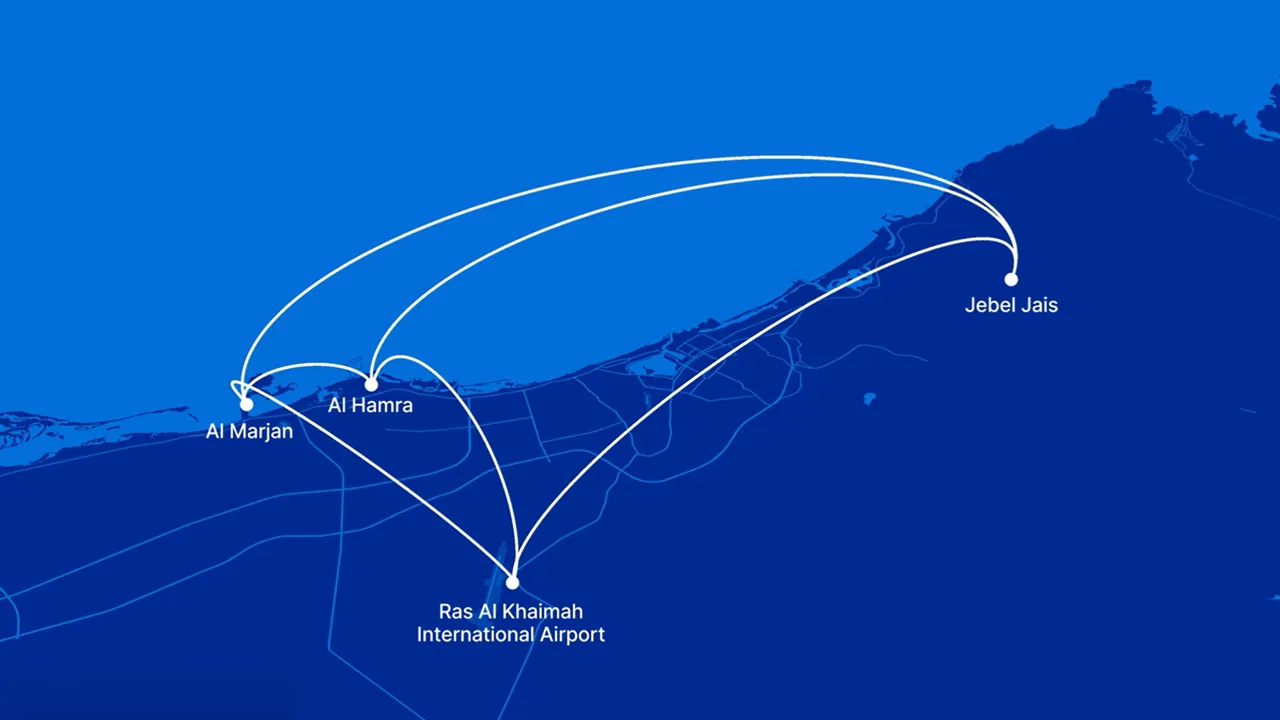The UAE Ministry of Finance (MoF) has issued two new Ministerial Decisions that will establish a mandatory electronic invoicing system for all businesses operating in the country. This move is a significant step in the nation’s digital transformation agenda, aimed at improving the efficiency, transparency, and compliance of business transactions nationwide.
Scope and Key Requirements for Businesses
The new e-invoicing system will apply to all business-to-business (B2B) and business-to-government (B2G) transactions conducted in the UAE, with some specific exclusions. Under the new regulations, an electronic invoice must be issued and transmitted for every business transaction. In cases of cancellations, refunds, or errors, an electronic credit note will also be required.
To ensure a smooth implementation, all businesses—both issuers and recipients of invoices—must appoint an Accredited Service Provider (ASP). The Ministry of Finance will publish an official list of these accredited providers in due course. Businesses will be required to manage all their electronic invoices and credit notes through their chosen ASP.
Phased Implementation Timeline
The Ministry has outlined a phased approach to ensure businesses have adequate time to adapt to the new system. The timeline is as follows:
- Pilot Program: Commences on July 1, 2026, with a select group of taxpayers.
- Large Businesses: Businesses with annual revenue of AED 50 million or more must appoint an ASP by July 31, 2026, and implement the system by January 1, 2027.
- Smaller Businesses: Businesses with annual revenue below AED 50 million must appoint an ASP by March 31, 2027, and implement the system by July 1, 2027.
- Government Entities: All in-scope government entities must appoint an ASP by March 31, 2027, and implement the system by October 1, 2027.
Adopting the Global OpenPeppol Standard
The UAE’s e-invoicing system will be based on the OpenPeppol standard, a globally recognized framework for the secure exchange of electronic business documents. By adopting Peppol, the UAE ensures interoperability with international markets, which facilitates cross-border trade, enhances data security, and reduces administrative costs for businesses. This standard enables a faster and more accurate exchange of invoices between all participating entities.
About The UAE Ministry of Finance
The UAE Ministry of Finance is responsible for managing and developing the country’s financial resources through forward-looking fiscal policies and strategic relationships. It plays a crucial role in driving the UAE’s economic development, enhancing its global competitiveness, and ensuring financial stability in line with the nation’s strategic vision.
Source: Zawya















